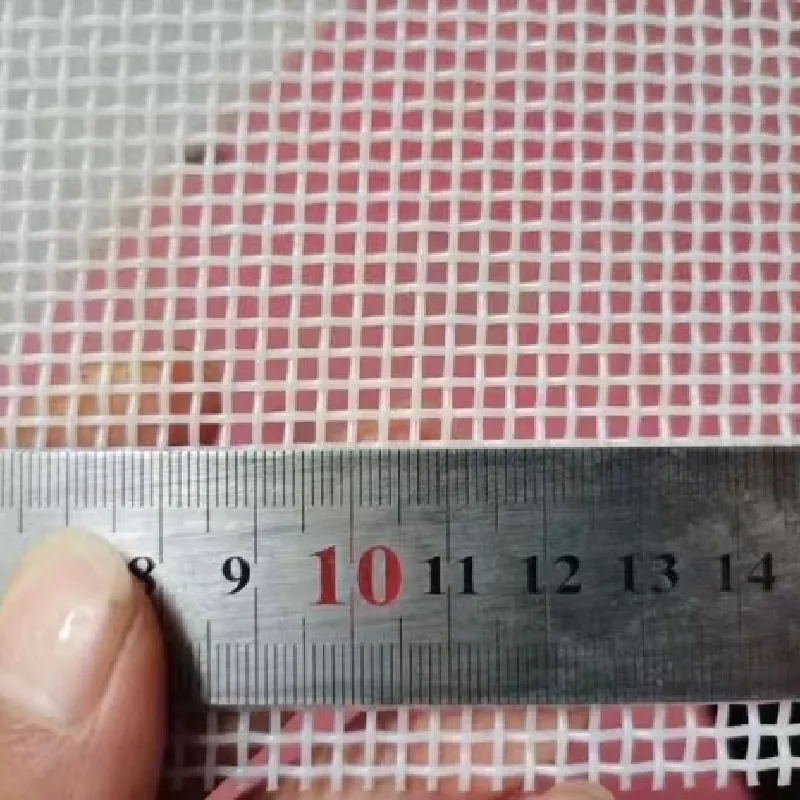-
 Afrikaans
Afrikaans -
 Albanian
Albanian -
 Amharic
Amharic -
 Arabic
Arabic -
 Armenian
Armenian -
 Azerbaijani
Azerbaijani -
 Basque
Basque -
 Belarusian
Belarusian -
 Bengali
Bengali -
 Bosnian
Bosnian -
 Bulgarian
Bulgarian -
 Catalan
Catalan -
 Cebuano
Cebuano -
 China
China -
 Corsican
Corsican -
 Croatian
Croatian -
 Czech
Czech -
 Danish
Danish -
 Dutch
Dutch -
 English
English -
 Esperanto
Esperanto -
 Estonian
Estonian -
 Finnish
Finnish -
 French
French -
 Frisian
Frisian -
 Galician
Galician -
 Georgian
Georgian -
 German
German -
 Greek
Greek -
 Gujarati
Gujarati -
 Haitian Creole
Haitian Creole -
 hausa
hausa -
 hawaiian
hawaiian -
 Hebrew
Hebrew -
 Hindi
Hindi -
 Miao
Miao -
 Hungarian
Hungarian -
 Icelandic
Icelandic -
 igbo
igbo -
 Indonesian
Indonesian -
 irish
irish -
 Italian
Italian -
 Japanese
Japanese -
 Javanese
Javanese -
 Kannada
Kannada -
 kazakh
kazakh -
 Khmer
Khmer -
 Rwandese
Rwandese -
 Korean
Korean -
 Kurdish
Kurdish -
 Kyrgyz
Kyrgyz -
 Lao
Lao -
 Latin
Latin -
 Latvian
Latvian -
 Lithuanian
Lithuanian -
 Luxembourgish
Luxembourgish -
 Macedonian
Macedonian -
 Malgashi
Malgashi -
 Malay
Malay -
 Malayalam
Malayalam -
 Maltese
Maltese -
 Maori
Maori -
 Marathi
Marathi -
 Mongolian
Mongolian -
 Myanmar
Myanmar -
 Nepali
Nepali -
 Norwegian
Norwegian -
 Norwegian
Norwegian -
 Occitan
Occitan -
 Pashto
Pashto -
 Persian
Persian -
 Polish
Polish -
 Portuguese
Portuguese -
 Punjabi
Punjabi -
 Romanian
Romanian -
 Russian
Russian -
 Samoan
Samoan -
 Scottish Gaelic
Scottish Gaelic -
 Serbian
Serbian -
 Sesotho
Sesotho -
 Shona
Shona -
 Sindhi
Sindhi -
 Sinhala
Sinhala -
 Slovak
Slovak -
 Slovenian
Slovenian -
 Somali
Somali -
 Spanish
Spanish -
 Sundanese
Sundanese -
 Swahili
Swahili -
 Swedish
Swedish -
 Tagalog
Tagalog -
 Tajik
Tajik -
 Tamil
Tamil -
 Tatar
Tatar -
 Telugu
Telugu -
 Thai
Thai -
 Turkish
Turkish -
 Turkmen
Turkmen -
 Ukrainian
Ukrainian -
 Urdu
Urdu -
 Uighur
Uighur -
 Uzbek
Uzbek -
 Vietnamese
Vietnamese -
 Welsh
Welsh -
 Bantu
Bantu -
 Yiddish
Yiddish -
 Yoruba
Yoruba -
 Zulu
Zulu
mesh manufacturing
Mesh Manufacturing Innovations and Applications
Mesh manufacturing plays a crucial role in various industries, providing versatile solutions for filtration, sieving, and structural applications. This process involves creating a fabric-like material consisting of interconnected strands, often made from metals, polymers, or composite materials. Mesh products are characterized by their open framework, which allows for the passage of liquids, gases, or particles while maintaining structural integrity.
One of the most significant areas where mesh manufacturing has made notable advancements is in the field of filtration. Industries such as water treatment, pharmaceuticals, and food production rely heavily on mesh filters to ensure purity and quality. The evolution of mesh technology has led to the development of finer mesh patterns that can trap smaller particles and contaminants, enhancing the efficiency of filtration systems. For instance, in the production of drinking water, high-quality mesh filters are used to remove impurities, ensuring that the water is safe for consumption.
In addition to filtration, mesh manufacturing has applications in construction and architecture. Wire mesh, for example, is integral to reinforcing concrete structures, which provides added strength and durability. With innovations in mesh design, such as the introduction of 3D printing technologies, manufacturers can create complex shapes that accommodate various structural needs. This not only optimizes the use of materials but also allows for more aesthetic and flexible architectural designs.
mesh manufacturing

The textile industry also benefits from mesh manufacturing techniques. Lightweight and breathable mesh fabrics are popular in sportswear, activewear, and outdoor gear, providing comfort without sacrificing functionality. These materials are engineered for performance, offering moisture-wicking properties that enhance the wearer's experience during physical activities.
Moreover, the rise of advanced manufacturing technologies such as laser cutting and CNC machining has revolutionized the mesh production process. These technologies allow for precise cutting and shaping, which results in higher quality products and reduces waste. As a result, manufacturers can achieve intricate patterns and designs that were previously unattainable, catering to the demands of niche markets.
Sustainability is another critical aspect of modern mesh manufacturing. Companies are increasingly investing in eco-friendly materials and practices to minimize their environmental impact. From using recycled materials to implementing energy-efficient production methods, the industry is working towards creating a more sustainable future.
In conclusion, mesh manufacturing is a dynamic field that intersects multiple industries and drives innovation. Its applications in filtration, construction, textiles, and beyond highlight its versatility and importance. As technology continues to advance, mesh manufacturing will likely evolve further, offering new solutions and possibilities for various sectors. Embracing these innovations is essential for meeting the growing demands of the market while maintaining sustainability and efficiency.
-
Stainless Steel Mesh SolutionsNewsMay.06,2025
-
Protecting Your Farm with Smart SolutionsNewsMay.06,2025
-
Practical Mesh Solutions for Your Home and GardenNewsMay.06,2025
-
Nylon Mesh SolutionsNewsMay.06,2025
-
Fish Breeding Nets for AquariumsNewsMay.06,2025
-
Essential Mesh Solutions for ConstructionNewsMay.06,2025











